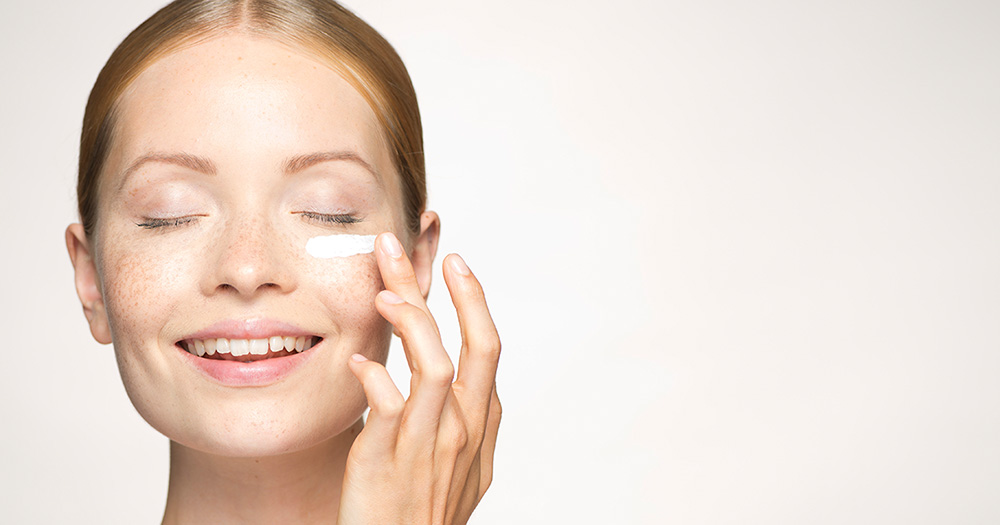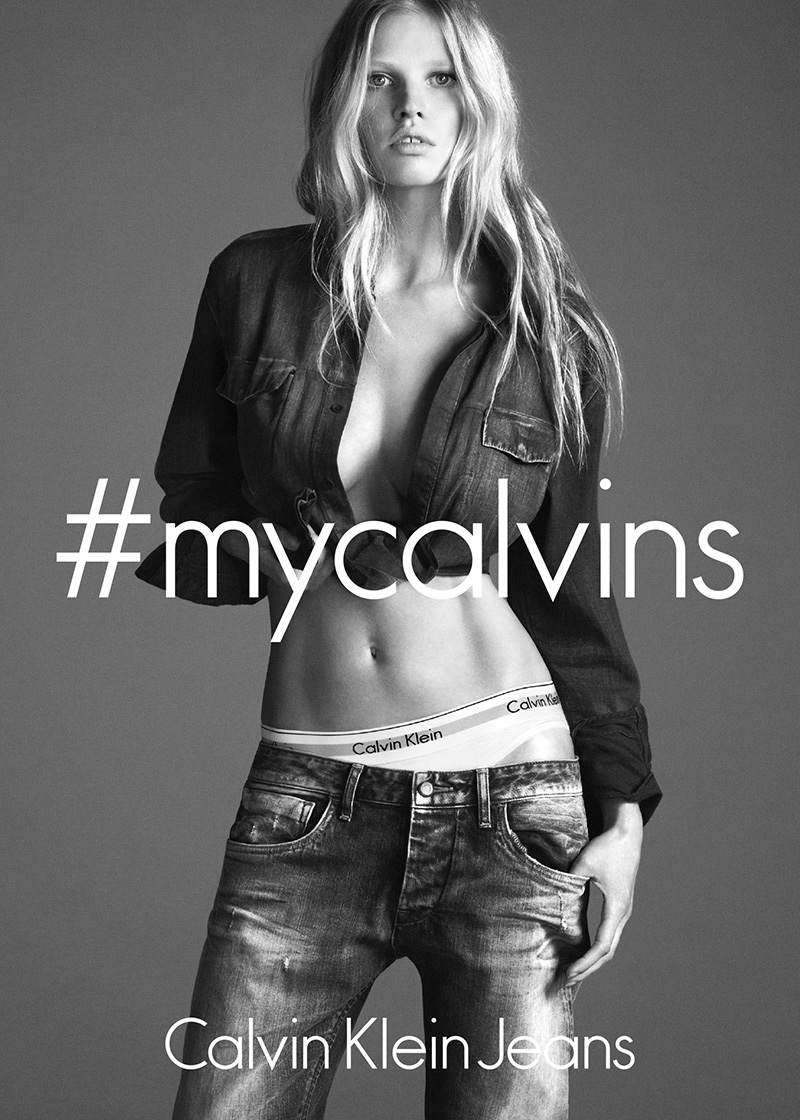Retinol is a somewhat controversial ingredient of cosmetics. On the one hand, its anti-aging effect is spectacular and according to cosmetologists and dermatologists it is one of the few substances that are really capable of smoothing out the wrinkles and rejuvenating the skin. On the other hand, the opponents of retinol say that the substance irritates the skin, it is unsuitable for summertime – you can’t expose retinol-covered face to the sunlight, and it doesn’t work for sensitive or acne-prone skin. Is retinol really so unfriendly? How to tame the tricky substance? And what is retinol actually? Today, we are revealing all secrets of the rejuvenating celebrity.
The key questions, or all you should know about retinol
1. Retinol – what is it & how it works?
Retinol is a stabilized form of vitamin A which has a scientifically proven anti-aging effect. There is a reason why it is known as the beauty time machine. It deals with the whole spectrum of worrying, skin-aging signs.
- Retinol stimulates the production of collagen which is the most important ingredient maintaining skin elasticity, bounce and firmness.
- In combination with the right enzymes, retinol transforms into tretinoin which is used in the anti-acne treatment.
- It has an anti-inflammatory effect, reduces excessive sebum secretion and eliminates pimples.
- Retinol is an effective way to remove post-sun spots, wrinkles, enlarged pores.
- It effectively smoothes out the skin and evens out the skin tone, as well as speeds up cellular renewal.
2. Which skin type is retinol dedicated to & how to use it?
Retinol doesn’t cause allergic reactions yet it may irritate the skin. If your skin is sensitive, it is likely to bring on redness, itching or skin peeling. That is why you must (regardless of the skin type) use it strictly respecting the instructions when it comes to the proper amounts. You cannot increase the dosage or use it more often than indicated. By following the rules, you reduce the risk of over-sensitivity.
While using retinol, always start with tiny portions and slowly increase the dosage so that your skin can get used to the product. Skin irritation usually vanishes 2-4 days after starting off the retinol treatment.
3. Does the sun harm retinol-receiving skin?
Retinol used to be recommended just for the nighttime skin routine. Currently, we are aware that retinoids are not phototoxic or photo-sensitizing so you can use retinol no matter the time of the day. Still, there is an argument for using it in the evening – it is the poor stability in contact with UV radiation. However, this isn’t the case when we speak of the modern retinol products which are produced using the nanotechnology. Liposomes included in the cosmetics ensure the protection of active substances so they are not broken due to the sunrays.
4. When do you know that your retinol treatment starts delivering results?
During the retinol treatment, you must be patient. Spotting the benefits of retinol (and its derivatives) therapy takes long weeks. You must use retinol-rich products regularly for several months and then carry on applying them to keep the effect. Otherwise, the positive results of the therapy will be lost within around six months, which is proven by scientific research. The fewer breaks, the better.
5. Can you apply retinol to acne skin?
The irritating effect of retinol made it unpopular in rosacea treatment for a long time. Today, we know that the key thing is using it the right way so the most demanding skin can benefit. If irritations begin to appear, you must intensify the application of strongly hydrating and lipid-replenishing products rich in soothing ingredients.
6. What ingredients should effective retinol products have?
Before deciding on a product, read the list of ingredients carefully. The real, effective retinol is pure vitamin A – it has the highest efficiency and absorption. By using the name ‘vitamin A’, lots of brands smuggle many chemicals which have similar biological activity to the very vitamin. They are not retinol. They are known as retinoids and they often trigger skin irritation.
7. Does retinol reduce pigmentation spots?
Discolored skin is one of the most common reasons for visiting a cosmetologist or dermatologist. The most powerful remedy combines retinoids with chemical peel, laser and UV filters. Retinol-enriched cosmetics work wonders for skin affected by sun or hormonal spots. The success lies in regular, long-term use of products containing the proper dose of retinol – the spots will gradually fade away.
8. What are benefits of retinol treatment?
Retinol usually makes us think of antiaging action and anti-wrinkle battles. However, its spectrum of working is much wider. It accelerates the process of forming new skin cells, enhances the quality of the skin, strikingly nourishes, boosts elasticity and bounce, and reduces the number of molecules which are destructive for collagen.
9. Retinol – how to use retinol-rich products?
If you have never used retinol before, you must start with mild doses and small portions. Begin with the lower concentration (e.g. 0,2-0,5%) and give your skin time to get used to the ingredient. Only after some time, you can reach for higher concentrations (e.g. 1-2%). It is mostly crucial for the owners of very sensitive skin. Before you start your retinol adventure, check if it doesn’t cause irritations on your skin. Also, applying a sunscreen is a must. It is an absolute necessity because retinol may increase the skin’s sensitivity to the sunlight.



Leave a Reply